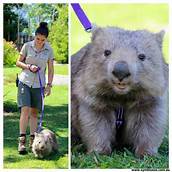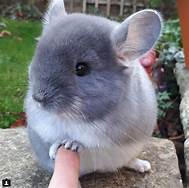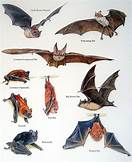Do Wombats Make Good Pets?
Wombats are unique and fascinating marsupials that have captured the attention of many people around the world. Their adorable appearance and endearing behavior have led some to wonder if they make good pets. In this article, we will explore the various aspects of wombat behavior, temperament, and care requirements to determine if wombats are suitable companions for humans.

Temperament and Behavior
1. Docile and Gentle: Wombats are generally docile and gentle creatures. They are not known to display aggressive behavior towards humans or other animals, making them a potentially good choice for those seeking a calm and peaceful pet.
2. Solitary Creatures: Wombats are solitary animals by nature and prefer to live alone. They do not form strong social bonds with other wombats or humans, which means they may not crave constant attention or interaction.
3. Nocturnal Habits: Wombats are nocturnal, meaning they are most active at night. They spend most of the day sleeping in their burrows and emerge at dusk to forage for food. This nocturnal activity pattern may not be ideal for those who want a pet that is active during the day.
Care Requirements
1. Habitat: Wombats require a large and secure enclosure that mimics their natural habitat. They need a burrow or den to sleep in, as well as plenty of space to dig and move around.
2. Diet: Wombats are herbivores and their diet consists mainly of grasses, roots, and vegetables. They need a balanced diet that provides them with essential nutrients and minerals.
3. Exercise: Wombats are active animals and require regular exercise. They enjoy digging, climbing, and exploring their environment. Providing them with a large enclosure and opportunities for physical activity is essential for their well-being.
Legal and Ethical Considerations
1. Legal Restrictions: Depending on your location, there may be legal restrictions or regulations on owning a wombat as a pet. It's important to research local laws and permits before acquiring a wombat to ensure you are complying with legal requirements.
2. Ethical Concerns: Wombats are wild animals and removing them from their natural habitat raises ethical concerns. It's important to consider the potential impact on the animal's well-being and the conservation of the species before deciding to keep a wombat as a pet.
Conclusion
In conclusion, while wombats possess certain characteristics that may make them seem like appealing pets, their solitary nature, nocturnal habits, and specific care requirements make them challenging companions for most people. Additionally, legal and ethical considerations surrounding the ownership of wild animals further complicate the decision to keep a wombat as a pet. Therefore, it is generally not recommended to keep wombats as pets and it is best to admire these unique creatures in their natural environment.
Declaration: All article resources on this website, unless otherwise specified or labeled, are collected from online resources. If the content on this website infringes on the legitimate rights and interests of the original author, you can contact this website to delete it.





